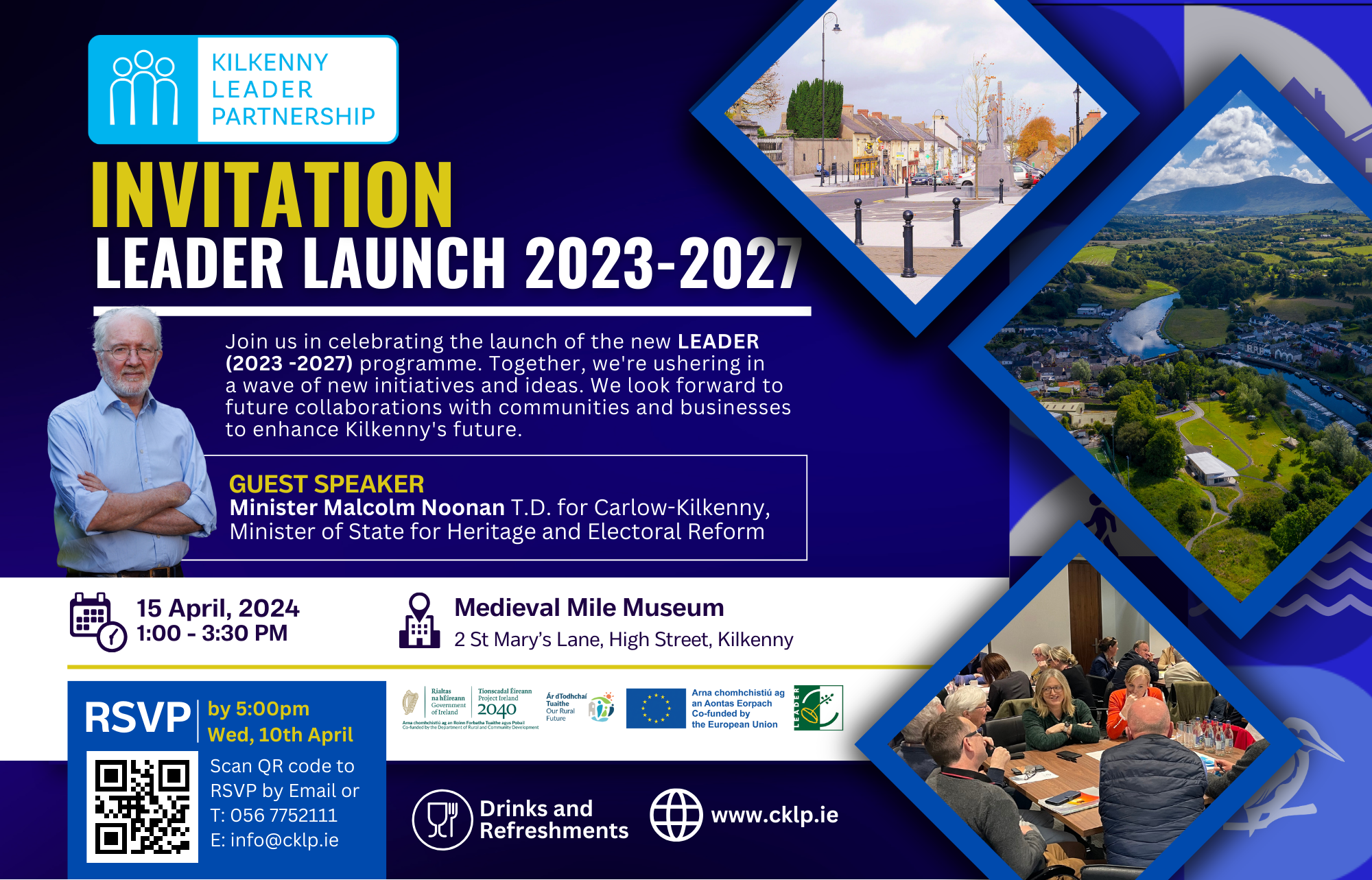National broadband coverage! What does that mean? KLP doesn’t know, but it doubts that we are anywhere near that Shangri-La yet. It’s always been likely that urban areas would be the first to benefit from improved broadband capacity. They offer a critical mass of users in a neat economically efficient area. It’s no mystery why rural areas lag behind. Relatively small and scattered populations in areas with physical impediments are always going to be the ones which suffer when the development paradigm is an urban-focused one.
The Digital Knot
The current approach to delivering universal broadband coverage is sometimes compared to tugging an ever –tightening knot down a rope. The digital knot. The further you tug it; the tighter the knot gets and the less likely you will be able to reach the end of the rope. As far as rural areas are concerned broadband is like the old joke about army food it’s terrible and there’s not enough of it! Boom-boom!! But to that you may add it usually costs too much as well as being of poor quality. This is a result- rather than despite the various schemes that have been introduced over the years. But that’s not the worst aspect of what we could call a debate – if there was any debate. No- what gets us in KLP going is that rural areas are supposed to be grateful for any form of slightly less-narrow-band we get.
Now this would all be just a marginal if irritating issue if it was just a case of rural people’s Facebook pages opening a bit slower. But it’s much more important than that. The moment has come when to be without quality broadband is equivalent to being without other services such as electricity or water. Broadband has become a necessity. No longer the realm of the IT dweeb; it is a tool of necessity of many small businesses. These can be as prosaic as an engineering firm needing it to email CAD drawings or a small food producer obliged to use it for reorders by the its supermarket customer. What happens in practice is that if the broadband infrastructure is inadequate or too expensive that when a stage comes when the enterprise wants to invest to expand – then they face a decision. Stay in a rural area with poor broadband or move to an urban area? Community groups suffer too. Want to do a course in e-commerce? It doesn’t matter that your local community centre has a state of the art training suite of computers. The area hasn’t got fast and cheap broadband. So you best go to a nearby urban centre. They’ll have the training rooms with the required broadband capacity. And so it goes.
The NBS will sort it out – right?
So what can we do about it? Because the national narrative is that all this is being sorted out. It is implied that the National Broadband Scheme (NBS) will address any remaining gaps in the infrastructure. KLP’s business plan for the RDP has a focus on the support of broadband provision. While some may see that commitment as being overtaken by the likes of the NBS, KLP has its doubts that the scheme will adequately resolve the deficet. The county map provided by the NBS is not convincing as an analysis of the state of broadband provision in Kilkenny. On the contrary it seems to us that the offering from that scheme may be further thin gruel compared to the rich soup available in the towns and cities. A tugging of the digital knot further down the rope will not solve the problem. We need a new approach if rural Ireland is truly to benefit from the opportunities that the new information age heralds.
So KLP may still have a role. The first thing we need in Kilkenny is some solid information on the status of what’s available currently. We’re talking quality, availability and price. Next- what are the ‘opportunity costs’ of not having quality broadband? We also need to know what’s possible; what have other regions with similar demographics attempted? So – if we can source private matching funding, we are planning to commission a study to answer these questions. Of course we recognise that rural Kilkenny is far from unique in terms of broadband. We’d welcome the chance to work with other regions or counties on this project. If rural Ireland doesn’t set a standard that it wants; it can’t complain when it gets offered substandard product.






![23-27 LEADER Programme Logos-2040 logo Text PNG[29] 23-27 LEADER Programme](http://cklp.ie/wp-content/uploads/23-27-LEADER-Programme-Logos-2040-logo-Text-PNG29.png)




